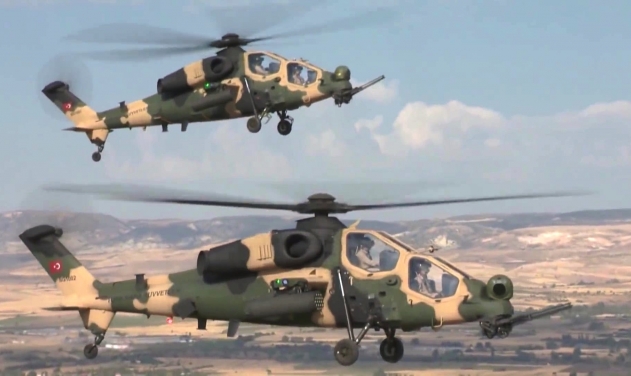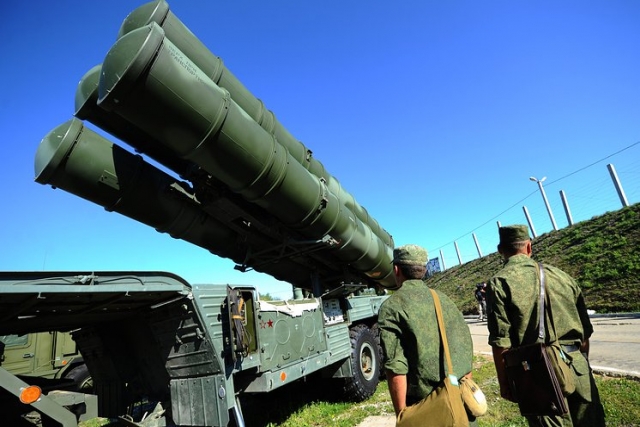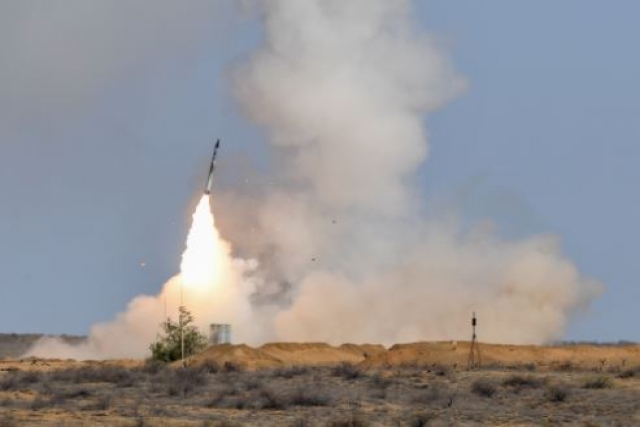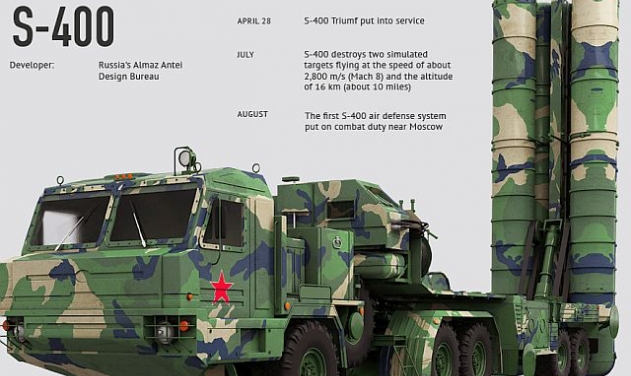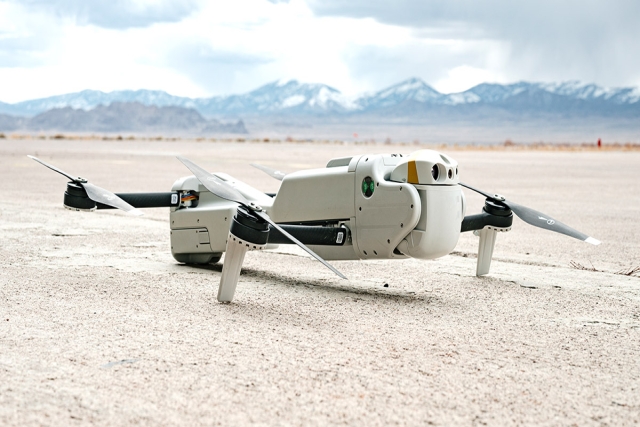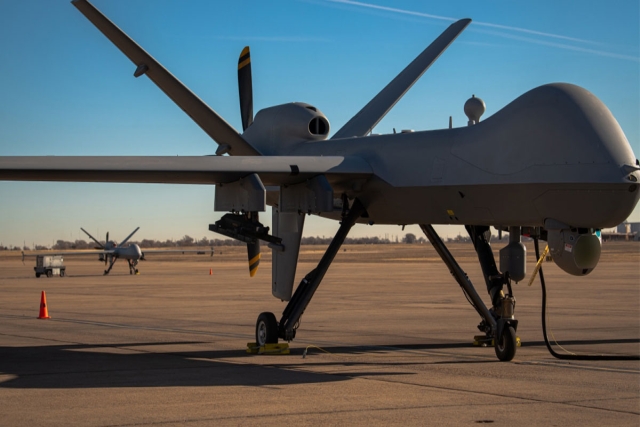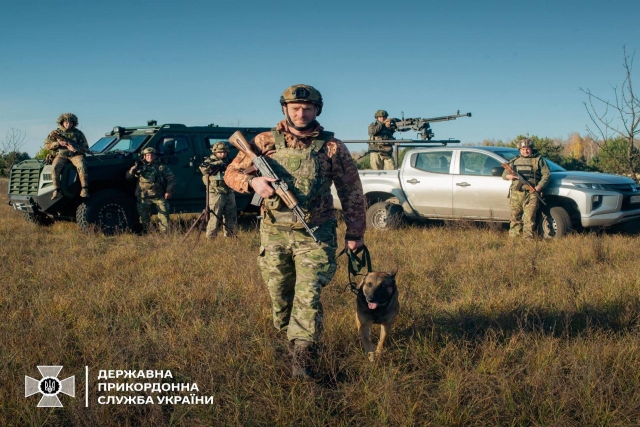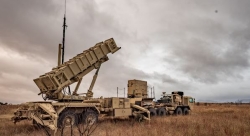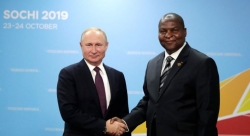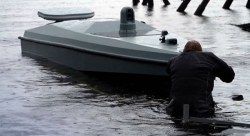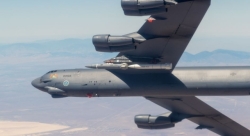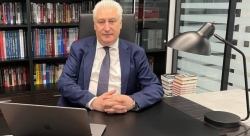Turkey, U.S. Could be heading Towards a Compromise on S-400 Issue
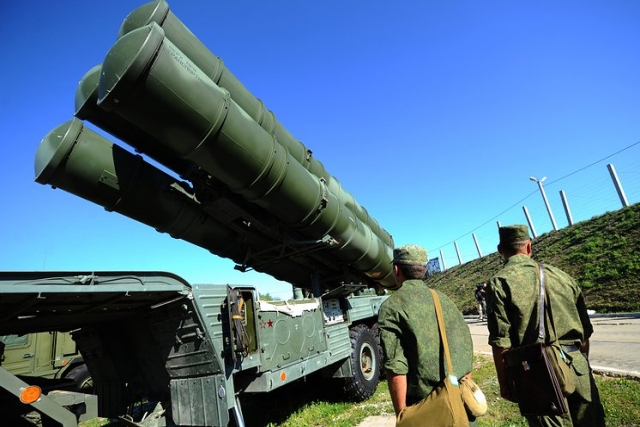
Signs available ahead of the June 14 meeting between Turkish President Erdogan and U.S. President Joe Biden indicate that a compromise could be on the cards over the S-400 missile defense systems issue that has brought Washington’s sanctions wrath on Ankara.
"We have offered alternatives to Turkey, they know exactly what to do if they want to get out from underneath these sanctions," US Deputy Secretary of State Wendy Sherman said in an interview with CNN Turk last Friday.
"I hope that we can find a way forward," Sherman commented in a conciliatory tone during the interview as she visited Ankara last week. The diplomat did not indicate further sanctions action against Turkey as Ankara has not blinked even after its ouster from the F-35 program and sanctions against senior officials of the Defense Industries Presidency (Turkish abbreviation- SSB).
A couple of days later news emerged that Ankara is preparing to "send a signal to US President Joseph Biden" by sending home Russianspecialists who are in Turkey to train Turkish soldiers in the operation of the S-400 anti-aircraft missile systems, a Bloomberg report from Ankara said.
Earlier, Turkish officials had pointed out that as a way out of the impasse; they will “switch on” the S-400 system only in the case of a national emergency. The Russian-made systems will be non-operational during normal times which means they can pose no threat to U.S. F-35 jets as claimed by Washington.
A clear sign that the Biden administration is going soft on Turkey emerged after it gave export clearance for the sale of engines meant for Turkish ATAK helicopters for export to the Philippines. The clearance had been held up during the Trump era.
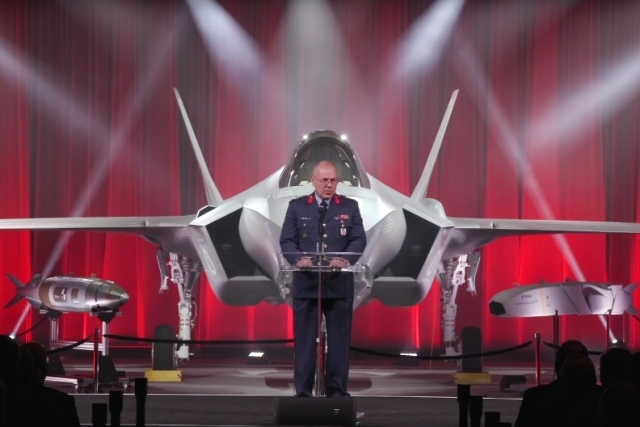
On the political front, Turkey arranged a meeting between itself, Afghanistan and Pakistan to address the post-U.S. withdrawal from Afghanistan scenario. The Turkish initiative was undertaken at Washington’s behest, according to media reports. That Washington has roped in Turkey and not Pakistan or any of its Gulf allies to play on its behalf is a message in itself.
Perhaps, the most important reason why Turkey might get away with keeping its S-400 systems is that Turkish companies make some 900 fuselage parts for the F-35. The U.S. will continue to buy these parts from Turkey through 2022, said Ellen Lord, the U.S. DoD's Under Secretary for Acquisition and Sustainment in an October 1, 2020 statement before the Senate Armed Services subcommittee on readiness and management support.
A complete cutoff would result in about $1 billion in replacement costs that would slow down production of the aircraft, she said."So we made a decision on a number of parts that it was smarter in terms of taxpayer dollars and warfighter readiness to let those contracts play out in Turkey so that we wouldn't have these huge termination liability costs. So we have a few of the [Turkish-made] products that will go until 2022."
Since then the Pentagon has not made public details of how much of the F-35 parts production has moved out of Turkey, to which companies and what is remaining. Even when the Pentagon formally removed Turkey from the F-35 program by entering into a new agreement with the remaining F-35 partner nations earlier this year, it said nothing about moving out production of F-35 parts still made in Turkey.
During first four months of this year, Turkey’s defense exports to the U.S. accounted for 40% of $950 million worth of its total defense equipment sales overseas. Making parts for the F-35 fuselage is perhaps Turkey’s single biggest defense export to the U.S.
In June 2018, the then F-35 Program Executive Officer Vice Adm. Mat Winter had said, “The facts are that Turkey produces 844 parts for me, and they are quality parts, affordable parts, and delivered on time. Turkey ‘s industrial establishment for F-35 is one of my best partners, and they do great work.”
Since 2020, the F-35 program has added some 150 new aircraft orders. Getting new manufacturers to scale up to this level will impose a huge cost burden on the program.

